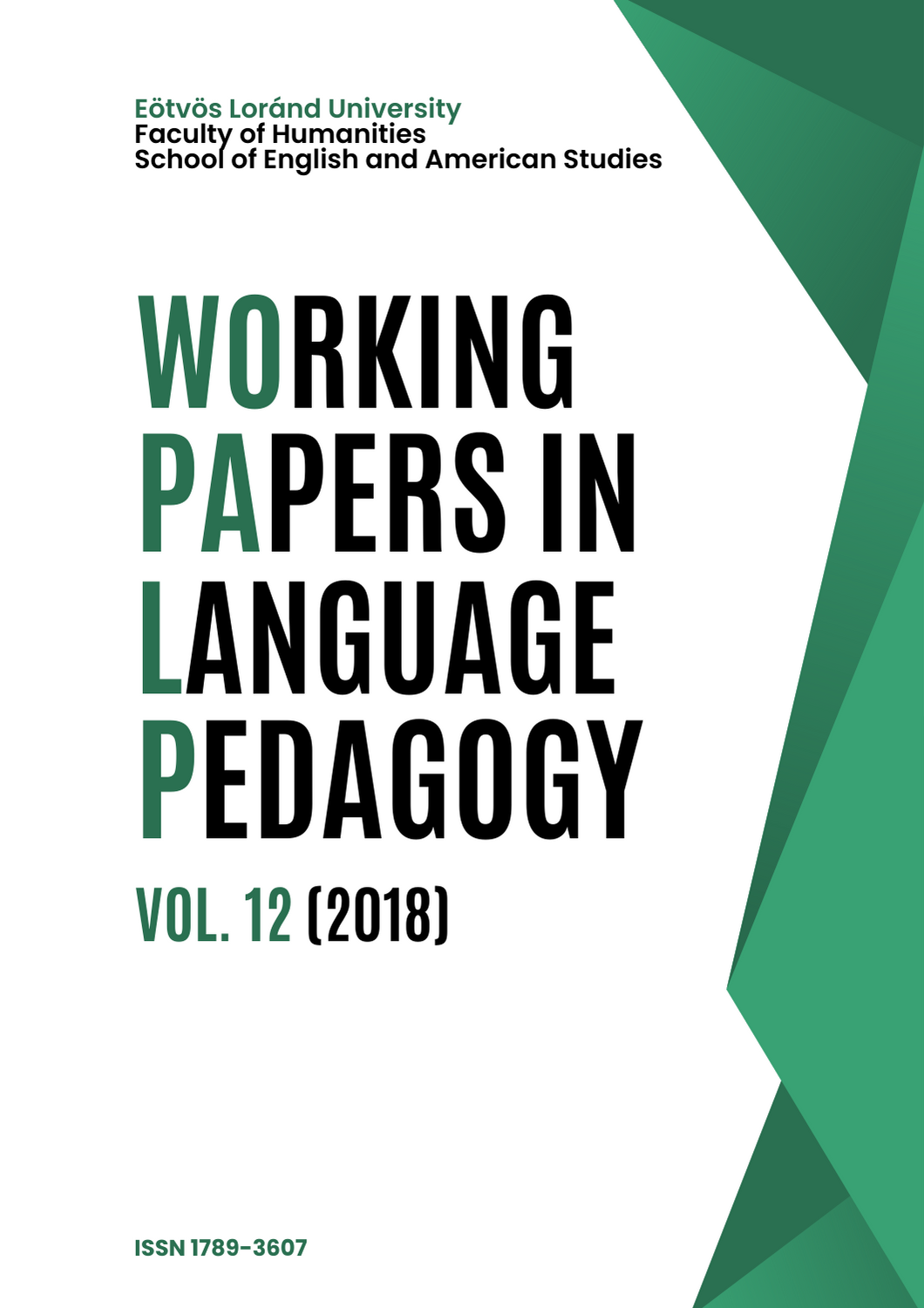Vision and Mission: The Interconnectedness of ‘Possible Selves’ in Running English Language Teachers’ Associations
DOI:
https://doi.org/10.61425/wplp.2018.12.94.118Keywords:
vision, mission, possible selves, ideal self, ought-to self, feared selfAbstract
English language teachers’ associations (ELTAs) encompass many dedicated English Language Teaching (ELT) professionals worldwide. Leaders of these professional communities have clear ideas about educational change and consider their colleagues as front-line change agents in society (Bolitho, 2012). However, the motivation of leaders to run these professional organisations has received scant attention in previous research in the subdiscipline of applied linguistics or in teacher education. The present focus group interview study aims to reveal the motivation of leaders of ELTAs to sustain the learning organisations through the “possible selves” concept (Markus & Nurius, 1986). The qualitative investigation involved 27 leaders, presidents, vice presidents, and other executive board members representing 13 ELTAs from four continents around the world. Data collection was carried out with four focus group interviews in three different countries over three months. The focus of the discussions was to ascertain how leaders reflect on the roles and purposes of these ELTAs through their mission statements and whether long-term goals or vision influence their motivating behaviour in running these communities. The most common emerging views appear to be around mission, vision, support, obligations, sustainability, legacy and future. The findings established that, apart from ELTAs providing continuing professional development (CPD), human factors play the most important role in running these professional organisations. As a result, a new theory- and data-based model was created, the Possible English Language Teachers’ Association Self with its three future self components, that is, 1) the ideal ELTA self, 2) the ought-to ELTA self, and 3) the feared ELTA self, each one having its positive and negative influences.




